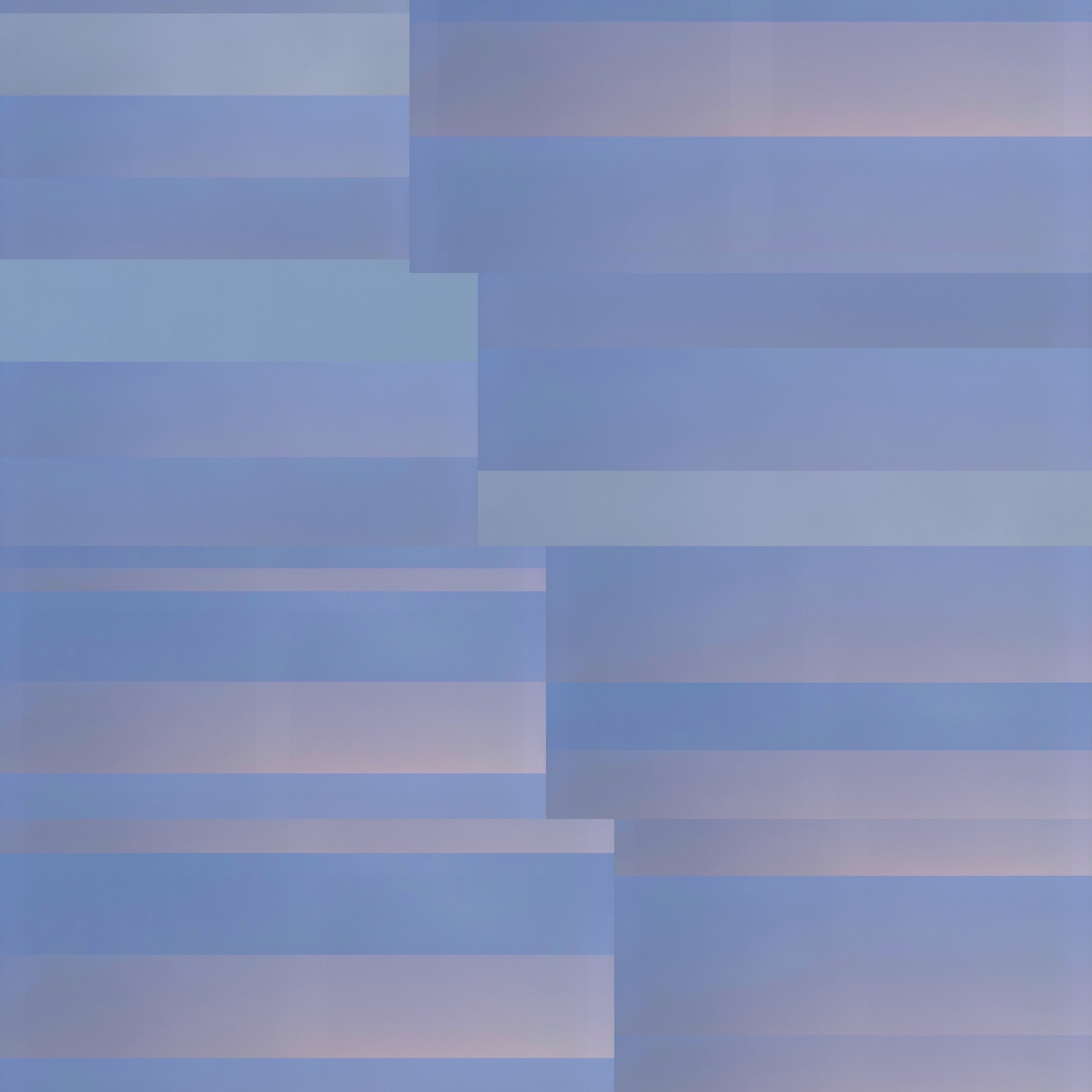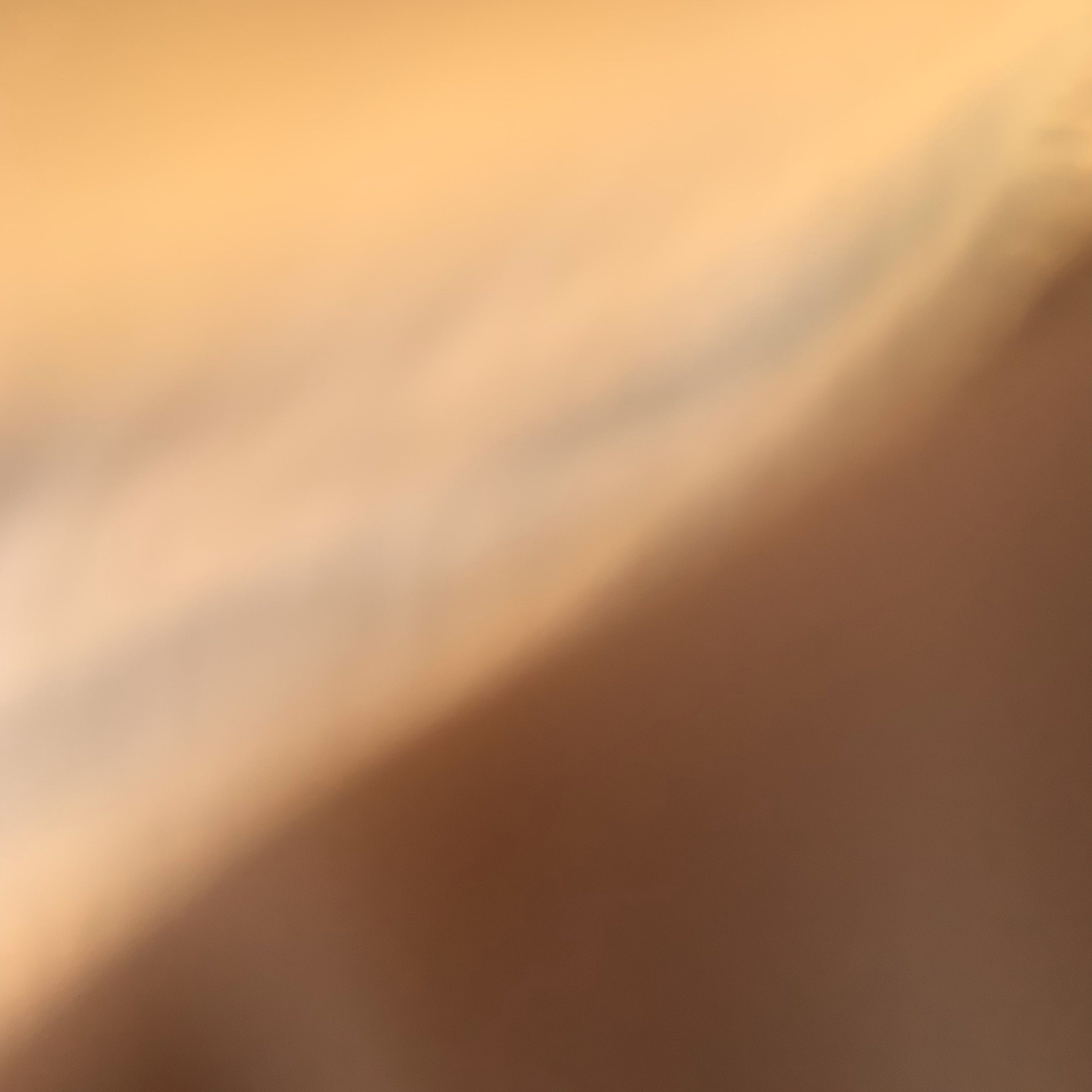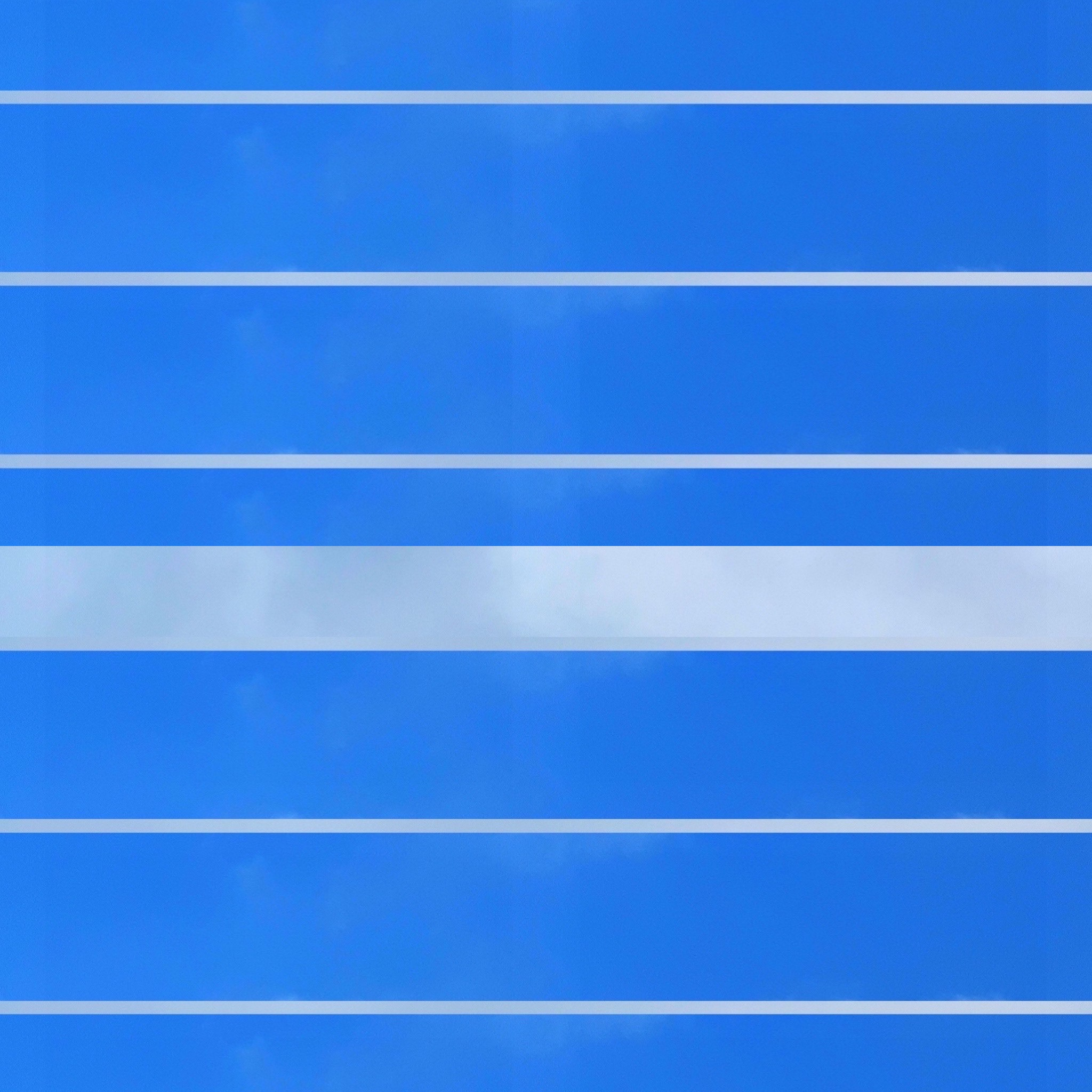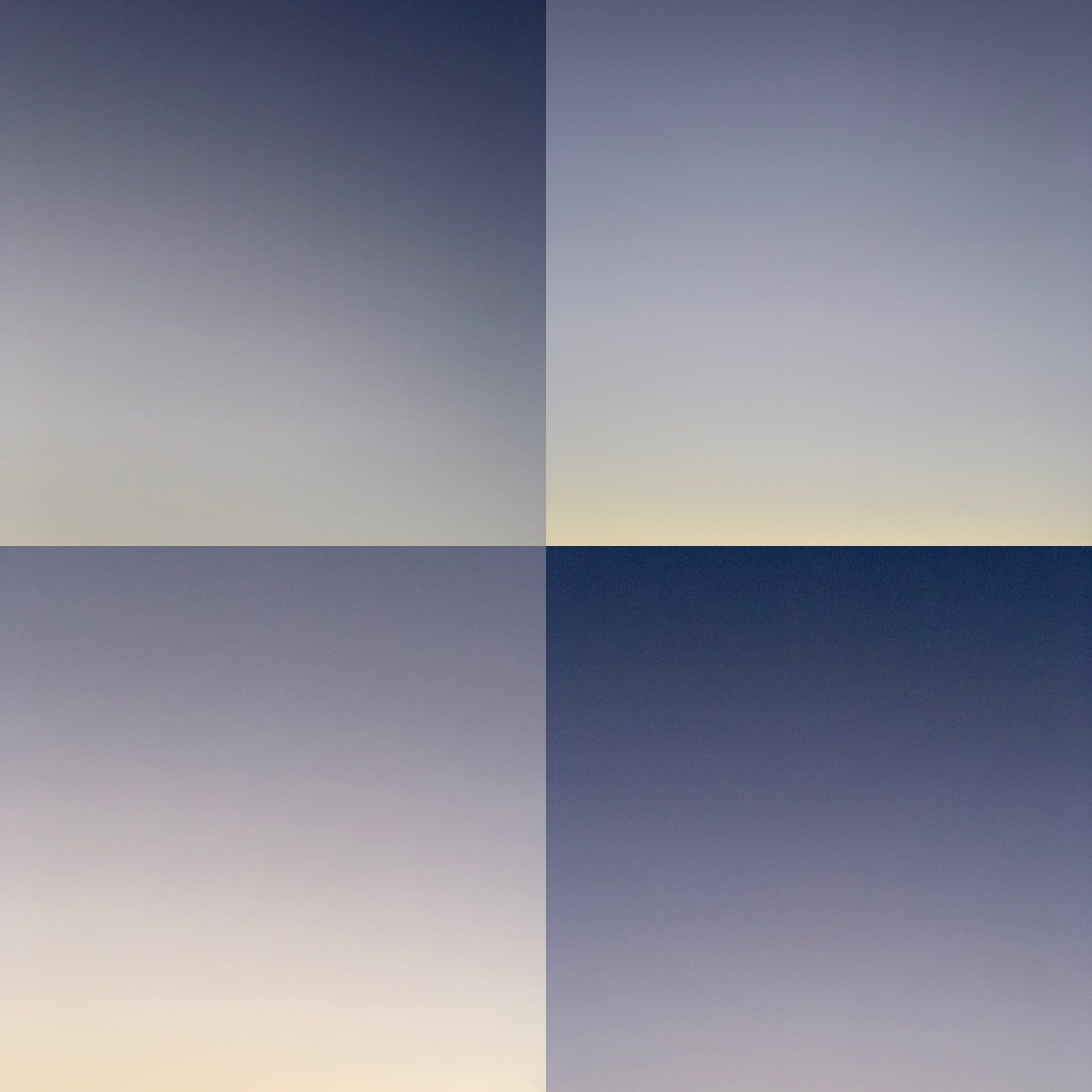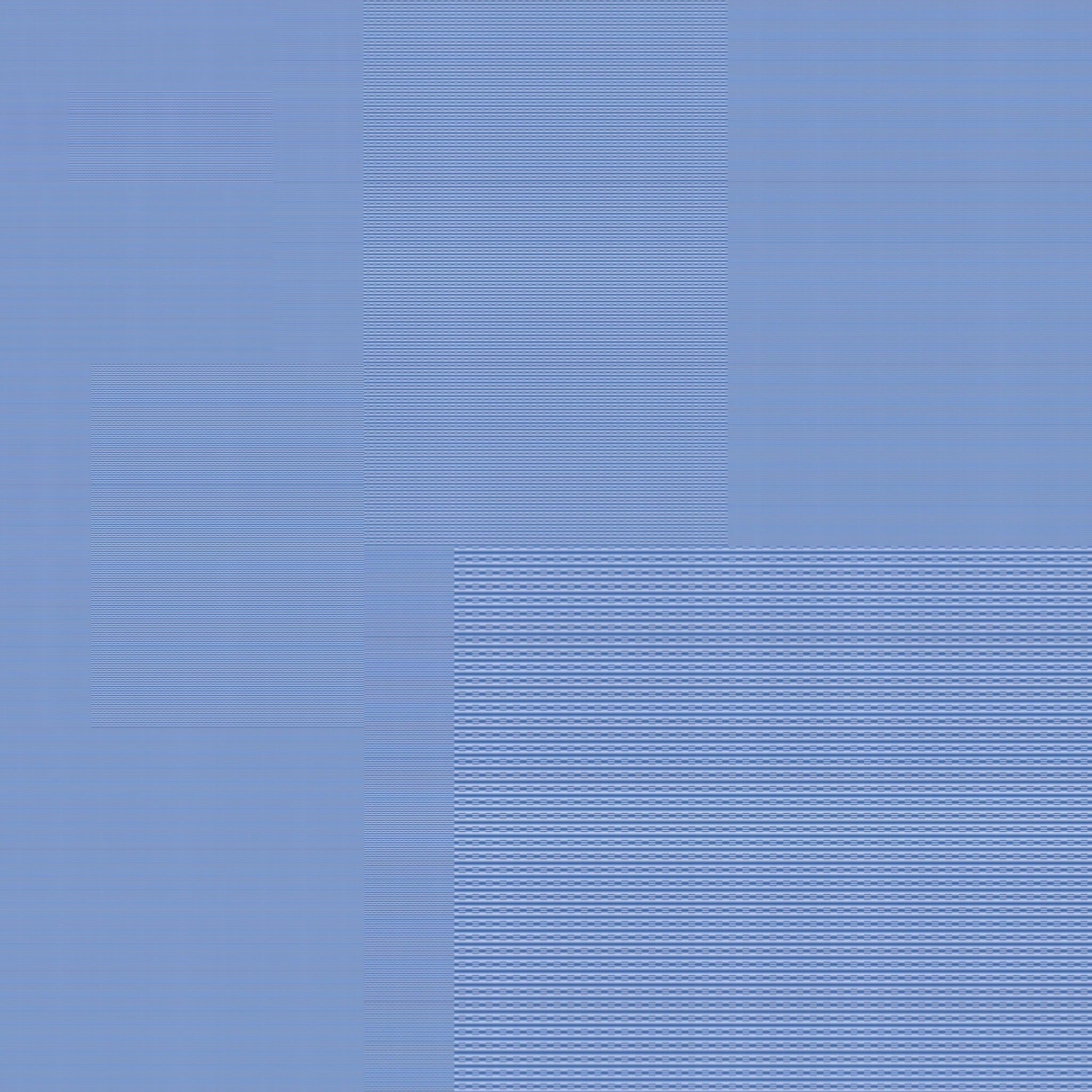
The world is presently a strange mix of the old - building things and destroying them - and the new - technologies that replicate human thought and intelligence. A year ago I wrote a series of notes on ‘reckoning with AI’. To recap some conclusions: Part 1: Part 2: Part 3: Nothing I have seen in the intervening period has led me to revise these judgments.




